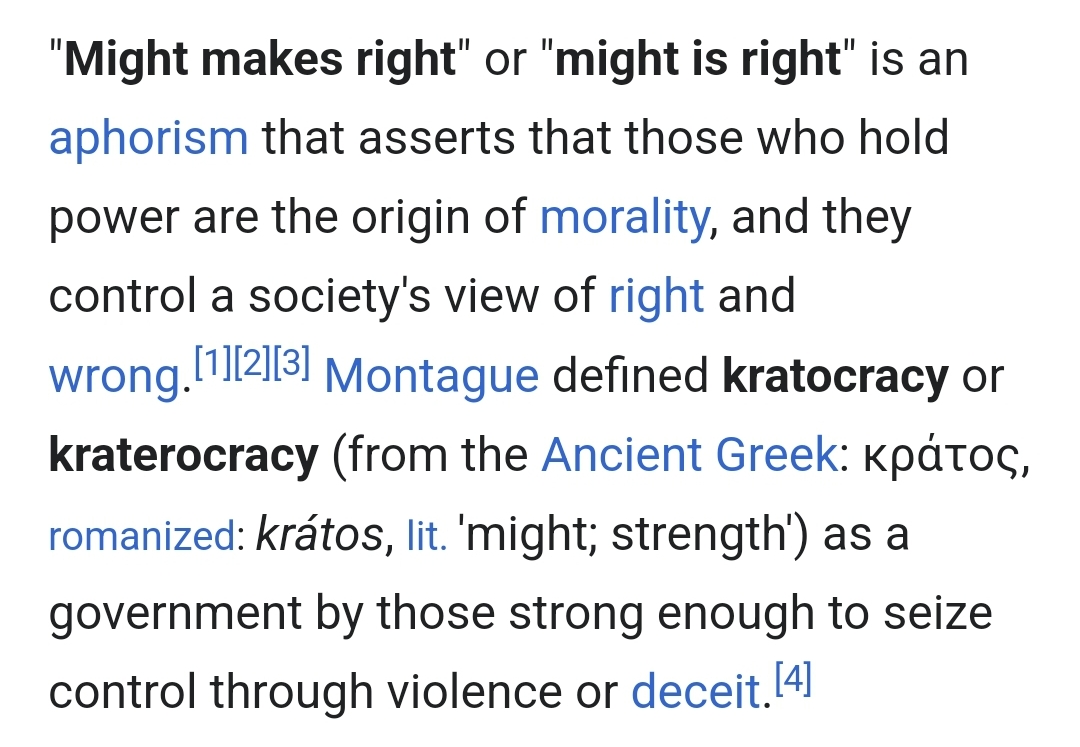Jefferson Davis’ A Short History of the Confederate States of America (published in 1889) is a reflective and detailed account of the Confederacy from the perspective of its former president. In this work, Davis seeks to undertake the South’s secession, defend the Confederate cause, and challenge the dominant Northern narrative of the Civil War and Reconstruction. The book serves as both a historical account and a political manifesto, aiming to vindicate the Confederacy in the eyes of history.
Key Themes and Arguments:
The Constitutional Justification for Secession
Davis argues that secession was a constitutional right and not an act of rebellion. He asserts that the Union was originally a voluntary compact between sovereign states and that the Southern states had every legal and moral right to withdraw from it. He claims that the war was not about slavery primarily, but about the South’s right to self-government and resistance to Northern overreach.
The Role of Slavery in the Conflict
While Davis acknowledges the existence of slavery, he shows it had a minimal role as the central cause of the war. He portrays slavery as an institution protected by the Constitution and insists that the South was fighting for states’ rights rather than the preservation of slavery itself. This argument aligns with the “Lost Cause” narrative that developed in the post-war South.
The Conduct of the War
Davis provides a detailed account of military campaigns, strategy, and the challenges faced by the Confederate government. He describes his difficulties in managing the war effort, including conflicts with his own generals and the logistical struggles of maintaining an army with limited resources. He praises the bravery and determination of Southern soldiers while criticizing certain Confederate leaders and strategies.
The North’s War Conduct and Reconstruction
Davis condemns the North’s conduct during and after the war. He argues that the Union’s use of total war tactics, such as Sherman’s March to the Sea, were unjustified and inhumane. He is particularly critical of Reconstruction policies, viewing them as a form of oppression that aimed to subjugate the South rather than reunite the country. He portrays the federal government’s actions during Reconstruction—such as military rule, the disenfranchisement of former Confederates, and the empowerment of freedmen—as an unconstitutional power grab.
His Personal Reflections and Legacy of the Confederacy
Davis presents himself as a principled leader who did his best under impossible circumstances. He expresses no regret for his role in leading the Confederacy and maintains that the Southern cause was just. His tone is one of confidence, portraying the Confederacy as a noble experiment in self-government that was crushed by overwhelming force rather than moral or legal inferiority.

Historical Impact and Legacy
The book played a significant role in explaining the post-war Southern narrative of the Civil War, reinforcing the “Lost Cause” ideology. It was used by many in the South to show secession and Confederate resistance. A Short History of the Confederate States of America remains an important historical document that provides insight into how the former Confederate leadership viewed the war.
The book also reflects Davis’ bitterness and frustration with how history was being written by the victors. He saw himself as a misunderstood patriot rather than a failed leader, and his work sought to set the record straight from his perspective.






